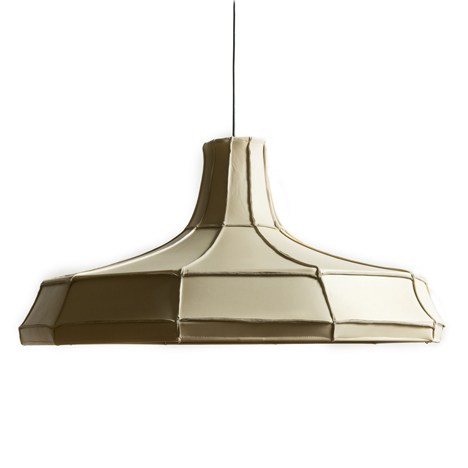
Leather Lampshades by Pepe Heykoop
At Dutch Design Week designer Pepe Heykoop presents a collection of leather lampshades made by underprivileged women in Mumbai.
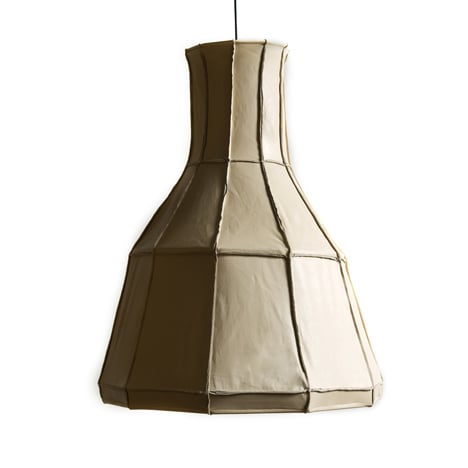
The shades are made of lambskin and can be collapsed for transportation.
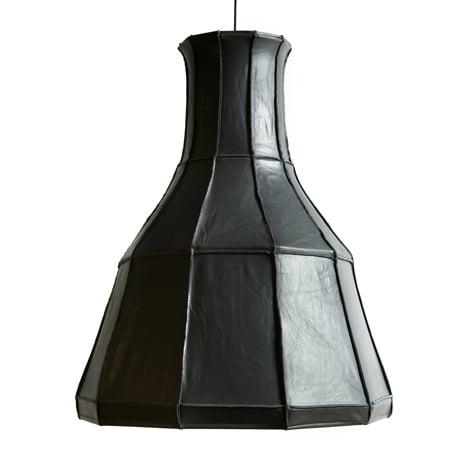
Heykoop set up production of the lamps by working with the Tiny Miracles Foundation initiative, creating work for mothers living in the red light district of Mumbai and funding schooling for their daughters.
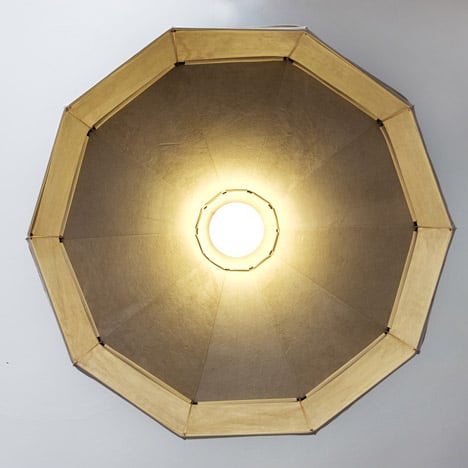
Dutch Design Week continues until 31 October.
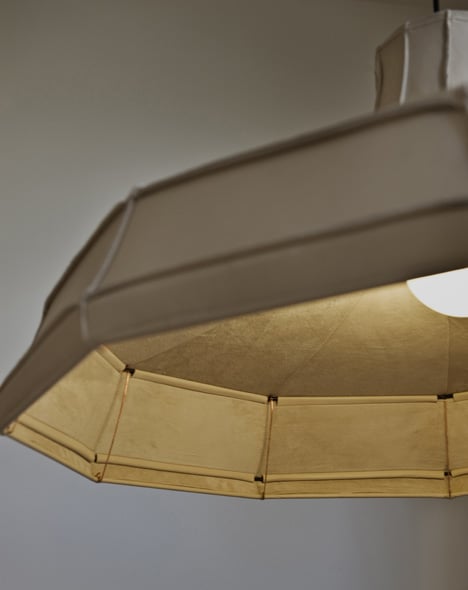
See all our stories about Pepe Heykoop »
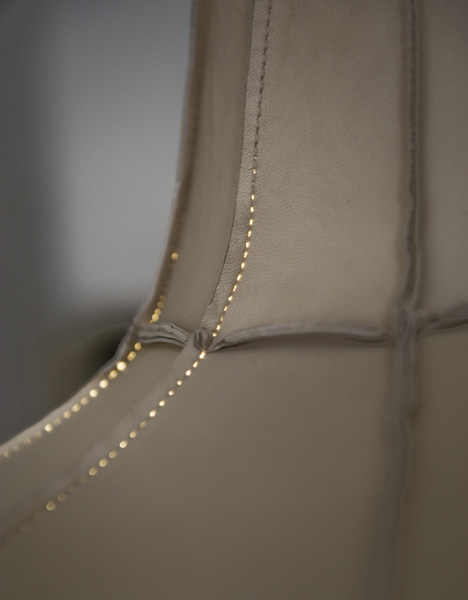
Photographs are by Annemarijne Bax.
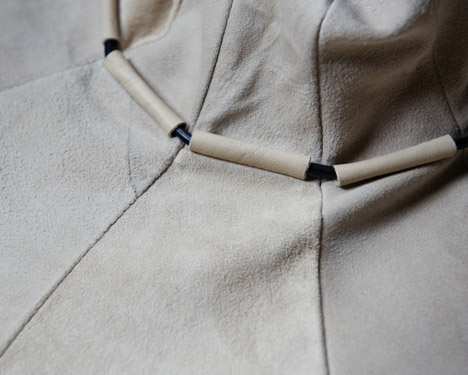
The information below is from Heykoop:
Pepe Heykoop launches ‘Leather Lampshades’ in collaboration with the poor
Dutch designer Pepe Heykoop has launched the ‘Leather Lampshade’. The lampshade is fabricated of soft lambskin leather, whilst its shape refers to old industrial lamps. Pepe Heykoop has set up his own production line in collaboration with the Tiny Miracles Foundation in India with the ultimate objective to provide jobs to as many underprivileged people in the process as possible.
‘Leather Lampshades’: brighten up your life and the life of poor women
With its shape referring to old metal industrial lamps, Leather Lampshades are made for the domestic environment. The material has changed into a soft lambskin leather. A fine combination of a sometimes little rough inside with smooth contours on the outside. This leather appearance makes the lampshade lightweight and foldable so therefore easy to transport. The lampshades come in two shapes: ‘horizontal’ and ‘vertical’.
Leather Lampshades have been manufactured using only leather of skins that are a byproduct and tanned with as many natural materials as possible. The lampshades are handmade in a production that Pepe has setup himself in Mumbai, India.
Pepe puts high value to an ethical and right production process. In which he engages as many underprivileged people in the process as possible. Key for the assembly of the lampshades are 20 mothers living in pavement dwellings in the red light area of Mumbai. He met them through the Tiny Miracles Foundation, set up by his cousin Laurien Meuter. This foundation brightens up the life of street children. Next to creating work for their mothers, for every lampshade sold, the equivalent of 1 month of school fees is donated to send their daughters to private English school. So with the purchase of the Leather Lampshade you brighten up your life and theirs also. This is what we say to the mothers and their daughters: Go forth and set the world on fire!
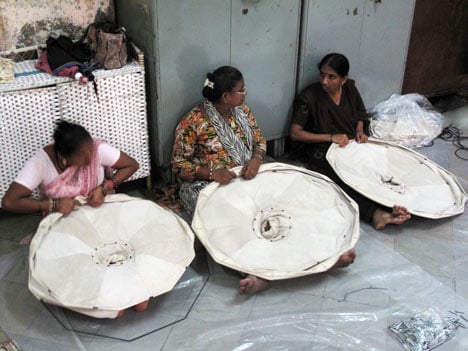
Dutch designer Pepe Heykoop
Pepe Heykoop’s work is often about subtle fragility. Using alternative materials and sometimes technical structures to tell his stories.
He graduated at the prestigious Design Academy in Eindhoven in 2008 with amongst others ’A Restless Chairacter’: an archetype rubber bendable chair, looking like a simple old chair whilst having the ability at the joints (1st prize at the imm d3 contest Cologne 2009). Recently he presented ‘Brickseries’: design furniture made of children’s playing blocks (nominated during the imm cologne 2010). ’Brickseries’ will be part of Cappellini's new collection 2011.
He has been nominated during DMY Berlin 2010. In 2009, Pepe Heykoop has joined Dutch designers collective ‘Dutch Invertuals’, a collaboration of talented graduates of the Design Academy Eindhoven.
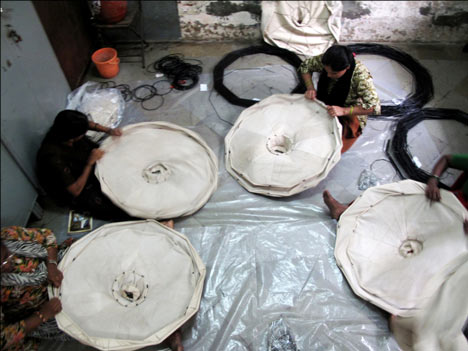
Tiny Miracles Foundation
The Tiny Miracles Foundation is an initiative of two Dutch girls Laurien Meuter and Florentine Slingeland. The foundation works mainly around the red light area in Mumbai. Needless to say, this area imposes high risks on young girls living on the street. Next to this, parents mostly see more value in these girls providing income by working than being educated. Tiny Miracles has identified young girls in this area who they support with private English education. At the same time, they provide their unemployed mothers with work, enabling them to substantially increase household income. Part of the profits of the products made by the mothers are donated to the foundation to be allocated towards education. The objective is to create a circle: to provide enough work to the mothers so that the school fees for all their daughters can be indirectly paid by their working mothers through the Tiny Miracles Foundation.
The foundation also provides for a host of other educative sessions including health awareness, HIV prevention, and vocational courses.
See also:
.
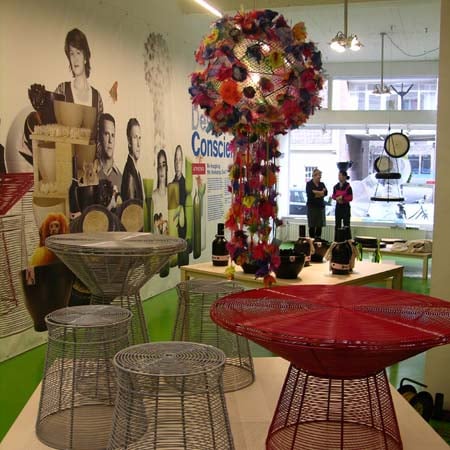 |
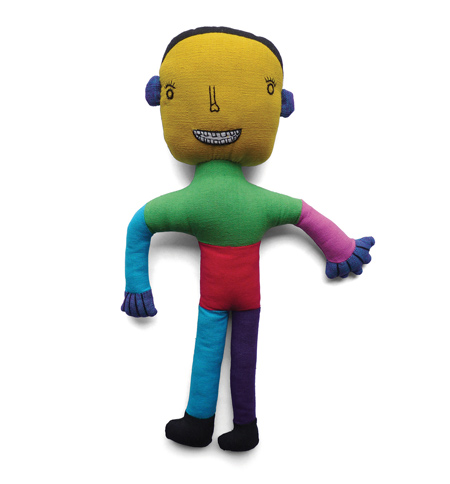 |
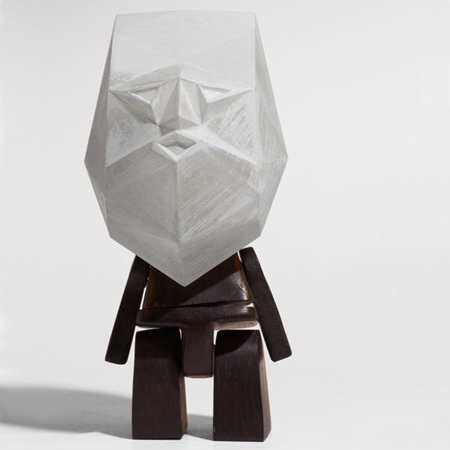 |
| Design With Conscience by Artecnica |
Dolls made by Sri Lankan women |
Toys made by tribe in Tanzania |